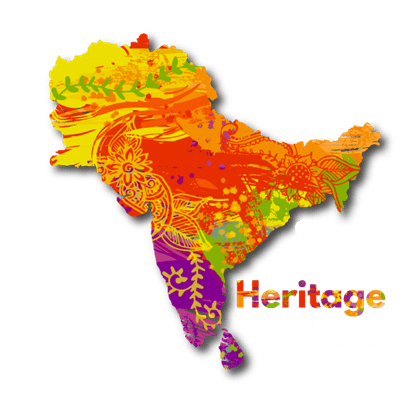30 July 2024
In conjunction with South Asian Heritage Month this year, one of our trainees Simran Hoonjan reached out to one of the co-founders, Jasvir Singh CBE to find out more about the birth of the initiative and its significance. South Asian Heritage Month will run from 18 July to 17 August 2024, and this will be the 5th anniversary of the project.
A transcript of the interview can be seen below.
1. Why did you and Binita decide to set up South Asian Heritage Month?
Jasvir Singh CBE and Dr Binita Kane established South Asian Heritage Month in 2020 to celebrate and raise awareness of the diverse cultures, histories, and contributions of South Asian communities in the UK. The initiative, which runs from 18th July to 17th August each year, aims to foster understanding and cohesion, highlight the positive impact of South Asians on British society, and address issues of identity, heritage, and integration. By doing so, they hope to create a more inclusive society that recognizes and appreciates the rich tapestry of South Asian heritage.
2. Tell me a bit more about this year’s theme – ‘Free to Be Me.’
This year, our theme is “Free to Be Me,” and we’re excited to celebrate the beauty of simply being yourself. Every one of us has a unique journey filled with moments that have shaped who we are. We want to hear about the experiences that have taught you valuable lessons and helped you grow. No matter who you are, your story matters. Our stories connect us in profound ways, and there are countless ways to share them. Whether you express yourself through art, writing, music, fashion, or food, your heritage is worth celebrating. Let’s explore the diverse ways we honour our roots and individuality. Intersectionality is given the spotlight in this manner. We also appreciate that not everyone is free to be themselves, and we want to focus on what barriers there are which prevent that from happening
3. Why is diversity and inclusion so important in the workplace?
Diversity and inclusion is so important in the workplace because it allows us to bring our authentic selves along to our professional lives, as well as celebrate who we truly are without having to hide aspects of our identity or diminish who we are as individuals
4. Tell me about your journey into law and what motivated you to pursue family law?
I became interested in family law from a young age. I was 8 years old when a family member was going through a divorce and I remember just how difficult it was for them. I couldn’t understand why it was such a painful and drawn out process, and I wanted to help people going through such painful times as best I could. That desire to help has remained with me throughout my adult life. Family law to me is about solving human issues using the legal system, and about providing a focus on the issues in hand without allowing emotions to get in the way of the best outcome. At the heart of it all are families wanting to get closure and a resolution to their problems so that they can move on with their lives.
5. What would you say is your biggest achievement to date?
My biggest achievement to date has been getting a CBE from the King in the 2023 New Year’s honours list in recognition of my extensive charity work, including the founding of South Asian Heritage Month. Both of my parents worked in factories and neither of them went to university, so to have come from a working class background to gain such an honour means a great deal to me as well as my family.
6. What other efforts do you think law firms can do to boost diversity and inclusion?
Generally speaking, law firms tend to be diverse places of work. However, the structures do sometimes mean that the diversity can’t always be seen at all levels within the law firms. Also, intersectional identities tend to be hidden in the workplace. I’m a proud turban wearing gay Sikh man, and yet I am aware of many LGBTQ+ South Asian lawyers who keep their sexuality a secret because they fear how people may react at their law firms or in Chambers. There is much work yet to do to allow people to be truly free to be themselves. One thing I would suggest would be to create safe environments at work so that individuals can open up about themselves if they feel comfortable to do so. It’s also important to recognise that not everyone wants to be open in the workplace, and that needs to be respected and understood too.
